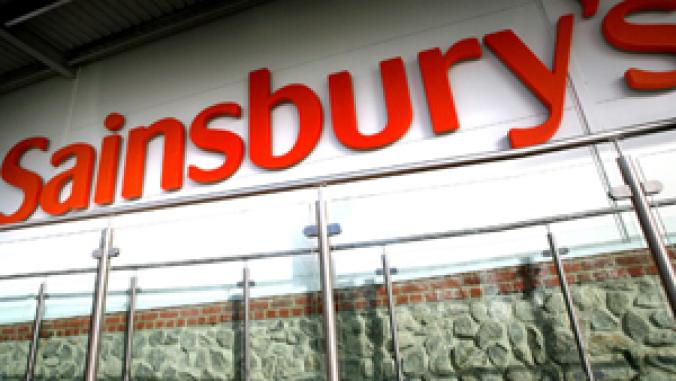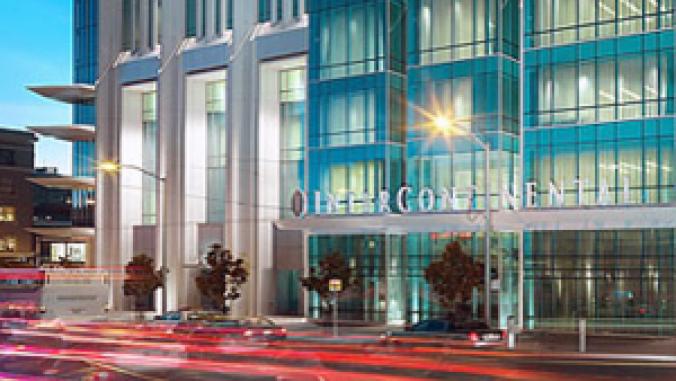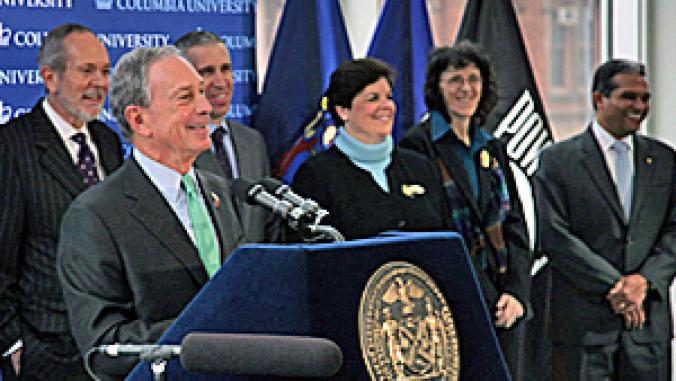Interest in Green Offices Wanes in London Amid Tough Economic Times
Energy efficiency and other green issues have moved to last place among the concerns of U.K. firms seeking rental office space in Central London amid challenging economic times, according to a study commissioned by property consultancy heavy-hitter Knight Frank.

Energy efficiency and other green issues have moved to last place among the concerns of U.K. firms seeking rental office space in Central London amid challenging economic times, according to a study commissioned by property consultancy heavy-hitter Knight Frank.
The top three concerns are rental costs, retention of key staff and lease flexibility, according to findings of the Knight Frank survey of 100 directors who are responsible for real estate at some of the larger companies in London's City, Docklands and West End markets.
"Whilst the green agenda and sustainability issues are fundamental to the future of office buildings, our research has surprisingly shown that as economic markets suffer, such requirements become less of a priority to central London office occupiers looking to acquire new space," said Bradley Baker, the head of central London tenant representation, for Knight Frank. "We forecast that once the markets return, occupiers will again focus on the importance of sustainability."
In rank order, the concerns following the top three are space flexibility, higher quality environment, occupational flexibility, proximity to public transportation, proximity to clients or competitors and higher building profile, according to Knight Frank. Energy efficiency held last place among 10 issues.
In the United States, even with prolonged tough times, news and blogosphere reports continued into the summer that there may be a silver lining for green elements in the business world — including development of eco-related jobs and initiatives to reduce, reuse and recycle in the workplace — although there has been some pushback recently from those who hold that improvements in environmental practices are luxuries that flourish only in good times.
According to Christopher P. Hodges, a member of the board of directors for the International Facility Management Association based in Houston, it's too soon to call the situation regarding the economy's impact on green practices related to buildings.
In difficult times, building managers are likely to take steps that would result in economies requiring little or no significant expense, said Hodges who is principal and chairman of Facility Engineering Associates P.C. in Fairfax, Va.
But whether tough times create a surge up or down in the greening of existing commercial buildings is an open question, Hodges said. Though it seems logical that a slowdown in the economy would produce a slowdown in spending to upgrade structures and building systems, there hadn't been significant enough movement on that front before downturns occurred for there to be a good comparison now that economy is more challenging, Hodges said.
"It's too small a sample to be looking at," he said, noting that the growth in greener buildings has been swifter among new construction projects than existing buildings.
As of June this year, some 1,090 new commercial buildings had received certification under the U.S. Green Building Council's Leadership in Energy and Environmental Design standards since the green rating system for new construction was established in 2000. Also of June 2008, 85 existing buildings had received LEED certification, which was expanded to include existing structures in 2004.




